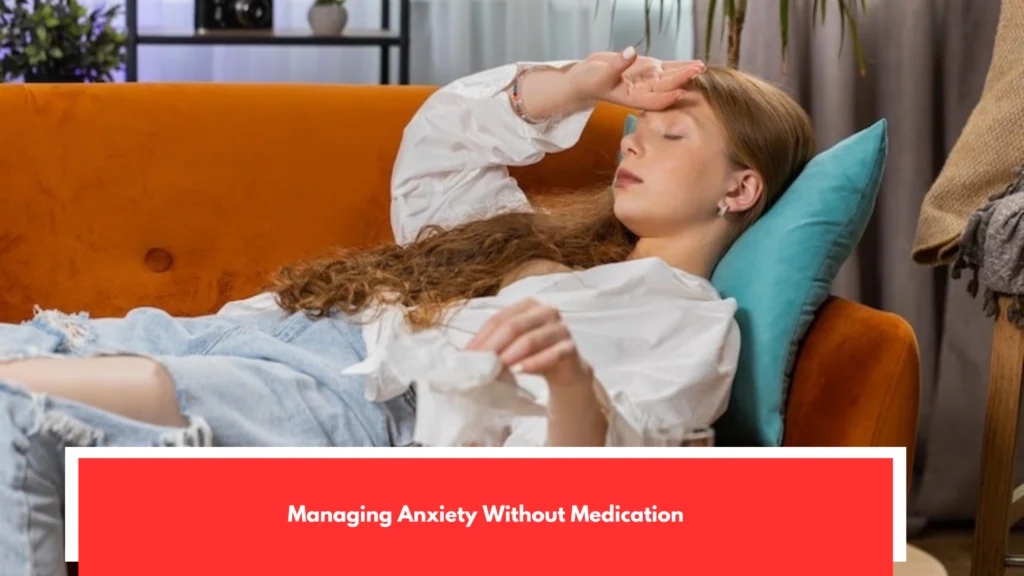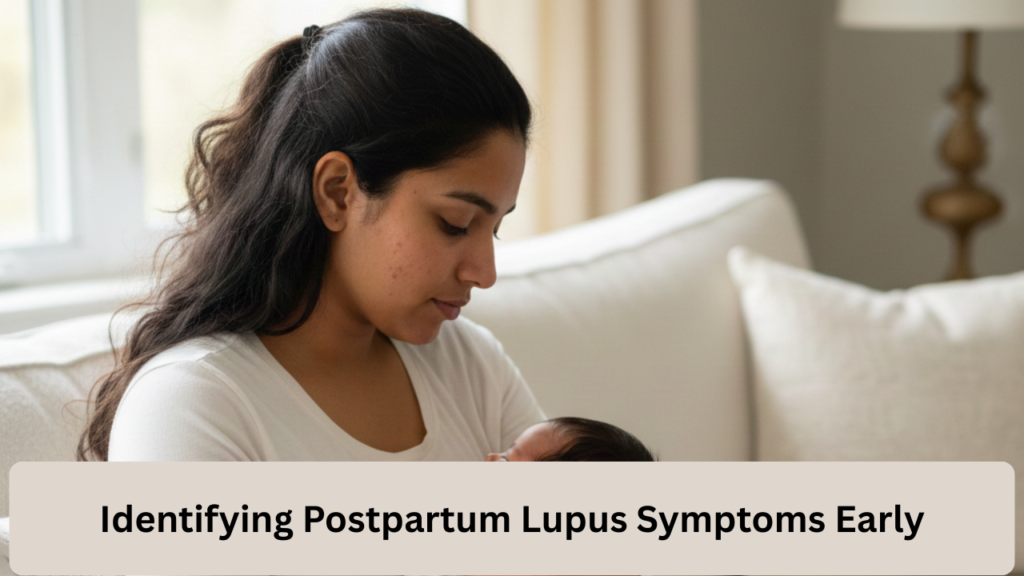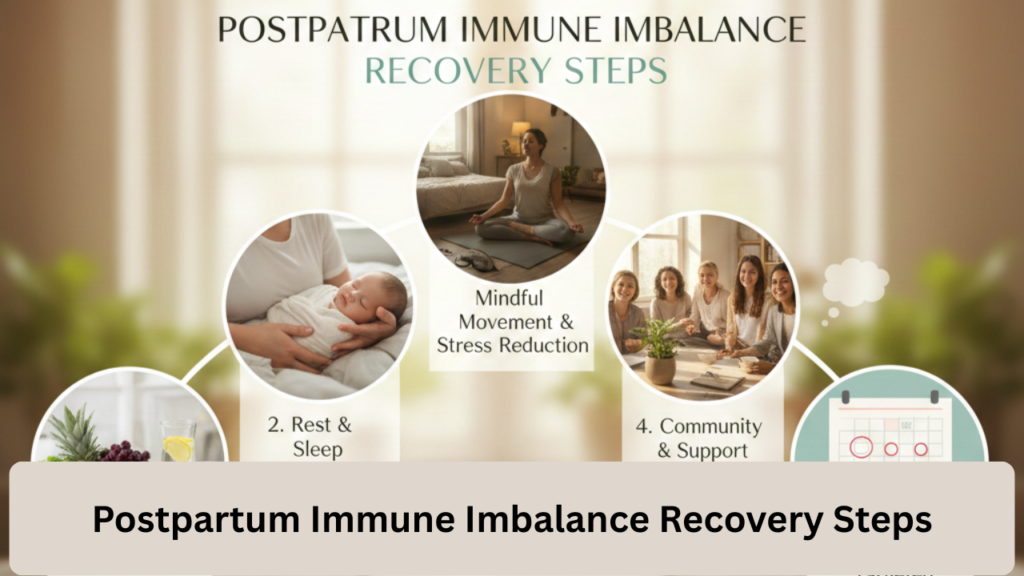Anxiety disorders can interfere with one’s ability to work, study, and perform other functions. With the right treatment to managing anxiety, recovery is possible. Anxiety disorders are of different types. These include Anxiety disorders can be debilitating and distressing. They can result in loss of educational and job opportunity and conflict within family and social relations. You can get better through proper treatment in the way of exposure therapy, training attention, and other anxiety coping skills that can be employed to manage your symptoms. You can learn through the following steps (reading books or courses, etc.) or consult a trained practitioner.
The old adage ‘knowledge is power’ applies here familiarizing yourself with all about anxiety is crucial for recovery. For example, learning takes the form of studying the physiology of the ‘flight-or-fight’ response, that is, the body’s response to what it perceives as danger. In people with anxiety disorders, this response is inappropriately cued by stimuli that are otherwise non-dangerous. Education is an important means of promoting control over symptoms. A person who tends to be anxious most of the time cannot relax, but having some means of relaxing muscle tension can be a good coping strategy. Some relaxation techniques
Lifestyle and home remedies

Physical symptoms of anxiety can be caused by Hyperventilation, leading to rising oxygen levels and decreasing carbon dioxide levels in the bloodstream. Carbon dioxide aids in controlling the body’s reaction to fear and panic. It may be helpful for a person who is anxious to learn to breathe from the diaphragm, rather than from the chest, to avoid hyperventilation. The secret is to allow your belly to rise when you breathe in. You can be sure that you are breathing normally by placing your right hand on your lower stomach and the left hand on your chest.
Normal breathing is when your stomach goes up, not your chest. It also helps to make you breathe slowly when you are nervous. Some people cannot breathe using their abdomen. There are plenty of other ways of breathing that you can use. You can also try to hold your breath for a few seconds. This helps to increase carbon dioxide levels in the blood. Cognitive therapy focuses on changing patterns of thinking and beliefs that are associated with, and trigger, anxiety. For example, a person with a social phobia may make their anxiety worse by negative thoughts such as, ‘Everyone thinks I’m boring.
Coping and support

The foundation of cognitive therapy is that beliefs cause thoughts, and those thoughts trigger feelings and results in behaviors. For example, assume you believe (although not necessarily consciously) that you need others to like you for you to be valuable. If someone suddenly turns their back on you in the middle of a conversation, you may think, ‘This guy doesn’t like me’, which causes you to become anxious. Cognitive therapy methods include rational ‘self-talk’, reality testing, training attention, challenging cognition and cognitive restructuring.
This includes monitoring your self-talk, trying out unhelpful fears and beliefs, and testing the reality of negative thoughts.
Exposure is an important component of behavioral therapy. Exposure therapy involves deliberately exposing yourself to the objects or situations you fear so as to become desensitised to them. Exposure enables you to train yourself to re-classify the danger or fear aspect of the situation or stimulus. Magnesium is a mineral that helps to relax muscle tissue and a deficiency in magnesium can cause anxiety, depression and insomnia. Deficiency of Vitamin B and calcium also sets off the symptoms of anxiety. Make sure your daily diet consists of wholegrain cereals, leafy vegetables and low-fat dairy products.
Alternative medicine

Nicotine, caffeine and stimulant medicines (e.g. those containing caffeine) make your adrenal glands release adrenaline, which is one of the primary stress chemicals. These are best omitted. Other foods to chew are salt and artificial additives, including preservatives. Go for fresh, unprocessed foods whenever possible.The physical symptoms of anxiety are a result of the ‘flight-or-fight’ response, which overwhelms the body with adrenaline and other stress chemicals. Exercise burns up stress chemicals and promotes relaxation. Exercise is also an effective way to manage anxiety. Attempt to exercise three to four times per week, and switch your routines to avoid boredom.
In other words, being assertive involves communicating your desires and thoughts openly and honestly without causing harm to others. A person with an anxiety disorder may struggle to assert as they are afraid of not agreeing or feeling that they do not deserve to be heard. But passively responding to others undermines self-confidence and continues to fuel anxiety. The ability to master being assertive is central to establishing higher self-esteem. Low self-esteem is common among people with anxiety disorder. Fearing that one is worthless.
Conclusion

You may start by seeing your primary care provider to find out if your anxiety could be related to your physical health. He or she can check for signs of an underlying medical condition that may need treatment. However, you may need to see a mental health specialist if you have severe anxiety. A psychiatrist is a medical doctor who specializes in diagnosing and treating mental health conditions. A psychologist and certain other mental health professionals can diagnose anxiety and provide counseling (psychotherapy). The two main treatments for anxiety disorders are psychotherapy and medications.
You may benefit most from a combination of the two. It may take some trial and error to discover which treatments work best for you. Also known as talk therapy or psychological counseling, psychotherapy involves working with a therapist to reduce your anxiety symptoms. It can be an effective treatment for anxiety. Cognitive behavioral therapy (CBT) is the most effective form of psychotherapy for anxiety disorders. Generally a short-term treatment, CBT focuses on teaching you specific skills to improve your symptoms and gradually return to the activities you’ve avoided because of anxiety.



